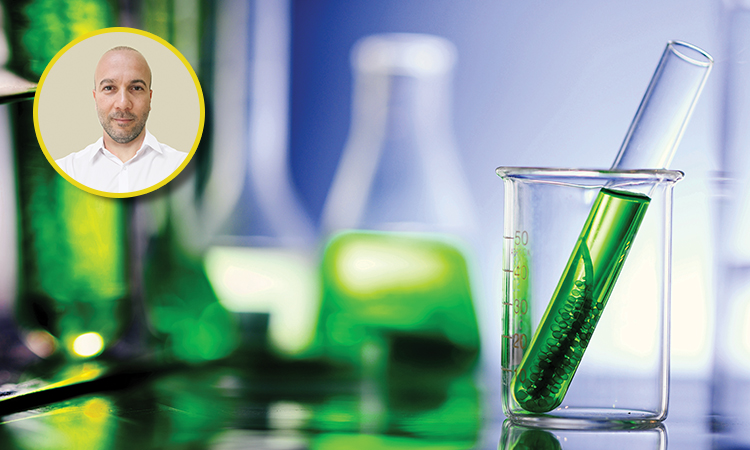As a part of daily industrial production and daily life, carbon-rich waste such as wastewater, treatment sludge, lignocellulosic waste, or vegetable waste oils are transferred to wastewater treatment plants, landfill sites or different waste processing facilities for safe disposal and/or recovery.
Due to their carbon-rich organic content, these wastes represent a large untapped resource with high energy content that has not been fully utilized to date. Therefore, since the 2010s, various research and development activities have been initiated towards the use of these wastes as alternative raw material sources instead of fossil or limited natural resources in the production of innovative products.
The aim of these studies is to produce valuable constituents or industrial raw materials by using the feed present in the wastes through microorganisms that can utilize them, implementing bio-based processes instead of physical/chemical industrial processes. The obtained raw materials include special chemicals and biopolymers such as high-performance additives that can be used in the production of oils and greases, and single-cell oils (long chain fatty acids, etc.) that are particularly suitable for this purpose.
These products can show a high flash point according to ASTM D93 (200/245 °C) and ASTM D92 (240/>260 °C), a low pour point according to ASTM D97 (-18/-42 °C), high biodegradability according to OECD 301 (70-90%), low bioaccumulation according to OECD 107, and non-toxic properties according to OECD 201, 202, 203, 209.
For this reason, they are suitable for use as both base oil and additive in the production of lubricating products. The final products that can be produced include metalworking fluids, engine oils (5W-20, 5W-30), hydraulic oils, gear oils, chain oils, compressor oils, and greases. It is also possible to utilize by-products that may occur during the process as fertilizers, biofuels, soap, and detergent additives in different industries.
As a result, Life Cycle Assessments (LCA) conducted indicate that bio-based molecules produced from waste are environmentally and socially acceptable and sustainable in terms of significant environmental impacts such as CO2, NOx, SOx and TDS.















